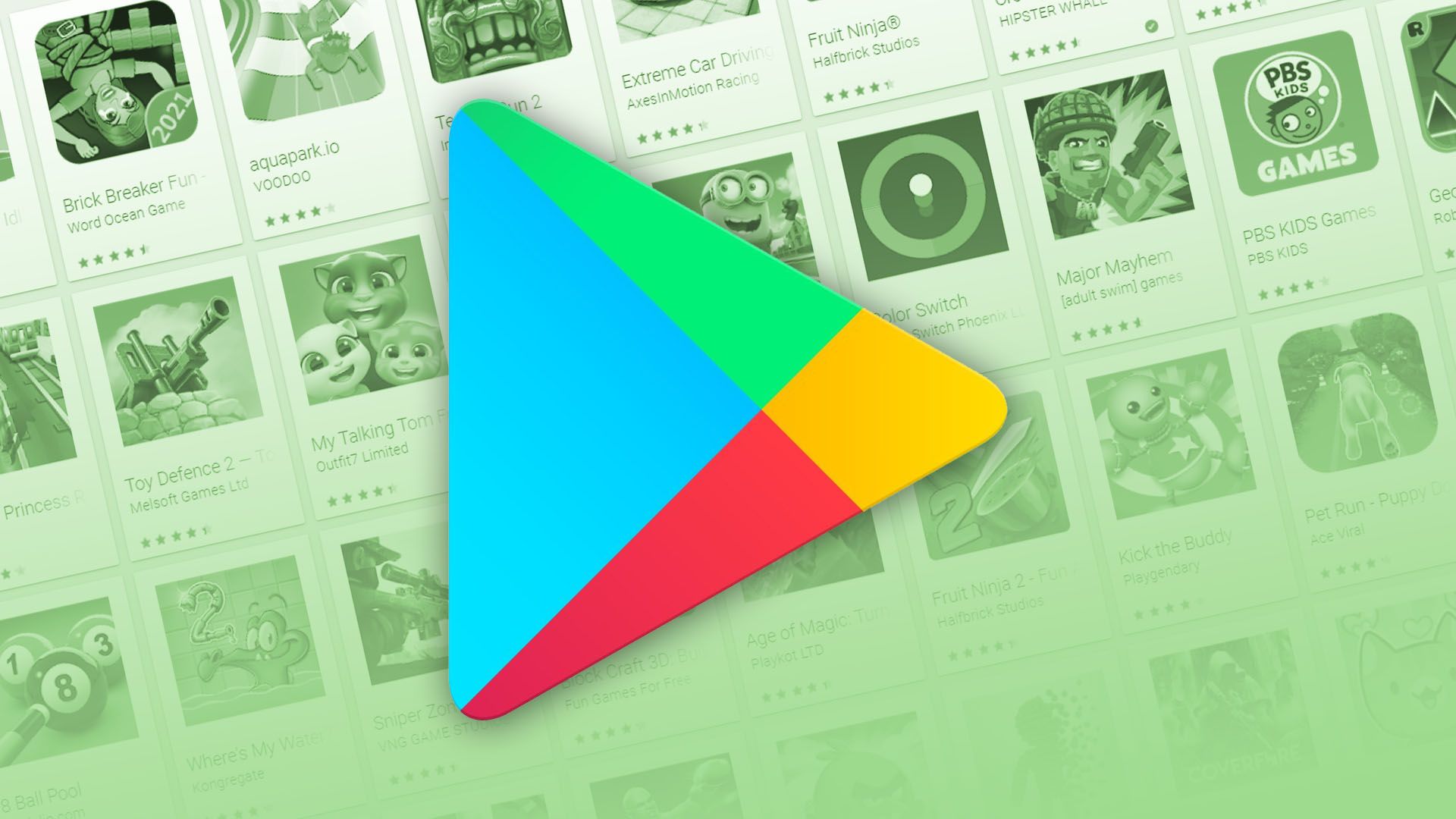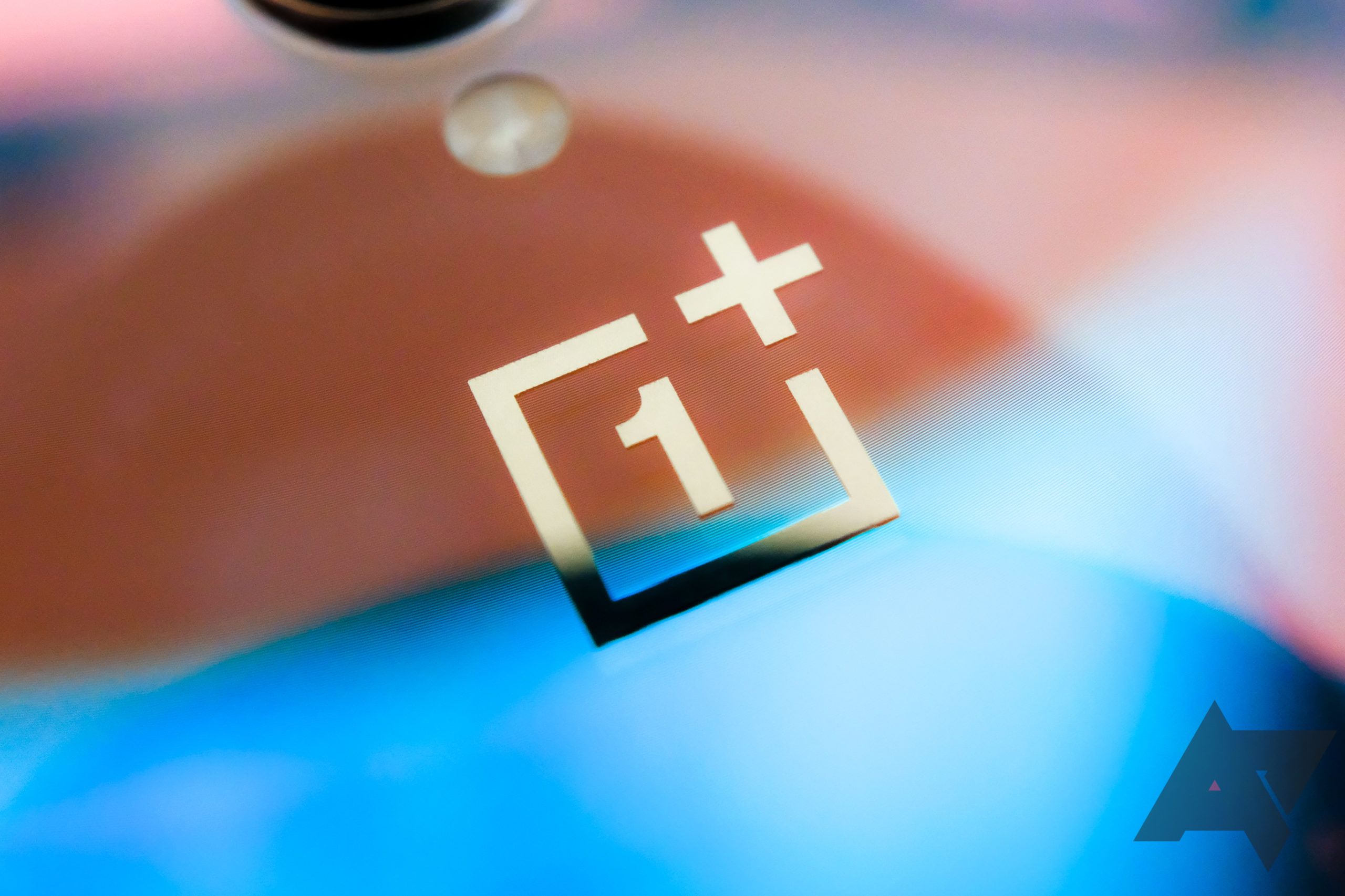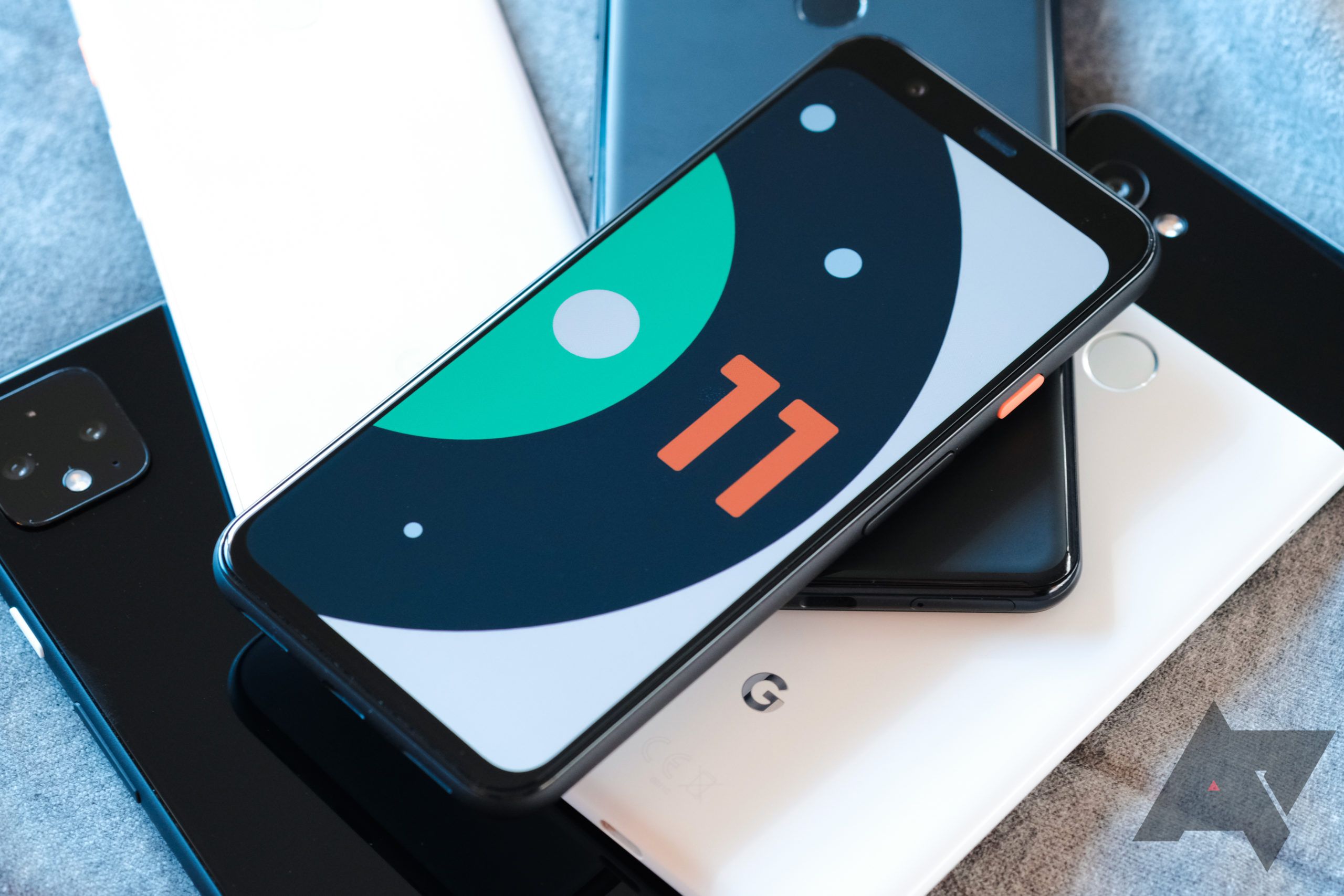latest

Why the EU forcing Apple to adopt USB-C would be a bad thing
When good intentions get in the way of good outcomes
Today, the European Commission has put forward legislation that would require all portable electronic devices to have a USB-C port — including Apple's iPhone. The proposal itself hasn't yet gone into effect (it stills needs to pass a vote in the European Parliament), but as much as I wish Apple would finally put USB-C on the iPhone, I'm actually hoping it doesn't pass. For several reasons.

Google should be worried about Epic's injunction against Apple
If the App Store is forced to allow non-Apple payment options, Google might need to reassess its own rules that kick in soon
The Apple vs. Epic drama probably isn't over yet, but the courts have come to one conclusion. While it's far from the victory Epic may have hoped for, the court has issued an injunction against Apple that should at least allow developers to point customers to non-Apple payment options. It's a small bit of good news for iOS developers, but it leaves us in Android land wondering: How might this affect Google's Play Store billing enforcement changes, which are set to kick in at the end of this very month?

On June 17th, Google finally opened the doors to its first full-time official retail store. And while Google has hosted a few special-occasion popup stores and experience centers around the US to celebrate what the company's hardware and Pixels can do, it's never had a true store until now. Apple, on the other hand, is the largest tech company in the US (if not the world) with over 250 stores here alone. The obvious question then becomes: Who does stores better, Apple or Google?

Why the hell are Google's Nest cameras so expensive?
Companies like Wyze changed the game, and Google didn't change with it
By all appearances, I'm Google's perfect smart home customer. I'm already deeply invested in the Assistant ecosystem, I've got tons of smart displays and speakers, and as the new owner of a house, I'm constantly in the market for little ways to update and automate things. But as I'm currently shopping for a set of smart security cameras, Google's first-party Nest hardware is at the very bottom of my list — the prices are simply ridiculous.

Kitting out my new house with smart home gadgets has been a blast coming from the rigid confines of a rented apartment. But one particular issue affecting the simplest of all smart home hardware is driving me a little nuts. I was actually a little shocked to see it hasn't been talked about more, and while I wrestle with trying to get hardware that behaves a little better, I'd like to rant for the public record about how inconsistent smart bulbs are.

The Pixel 4a has been out for seven months now, and leaks for a successor are beginning. It's usually at around this time that a phone starts to be a bad deal. Halfway through the typical year-long retail-available life, the launch price value proposition for most phones starts to wane. But the Pixel 4a bucks that trend, and I don't think it's too late to buy one. In fact, based on the leaks for the Pixel 5a, many of our readers may even want to pick one up now rather than wait.

Yesterday's Stadia news has some fearing for the future of the platform. While the company hasn't announced that it's killing Stadia itself, some wonder if this step away from first-party games could be the beginning of the end. But it's the licensing news that's the most important detail: Google is opening itself up to a pivot that could be an incredibly smart move. In the long run, Stadia's original business model may have been doomed to fail.

Apple is holding back messaging progress across the entire world with iMessage
SMS-based fallback flies in the face of its privacy values, too
Google's rollout of its RCS-based "Chat" in the Messages app is now complete, delivering on the years-long promise of a better, universal messaging standard on Android. But, it's still not the "iMessage for Android" many of us hoped it might be. And, perhaps ironically, it's Apple that's standing in the way of that.

Since the very first Pixels in 2016, the fastest any of Google's flagship phones has charged was limited to 18W. Back then, it wasn't an issue: Fast-charging standards of the time like Qualcomm's Quick Charge 2.0 could ostensibly go higher, but they practically topped out at a similar speed, and it wasn't a huge gap. In the end, Google elected for the better and more universal USB Power Delivery standard. But now, four years and five Pixels later, 18W doesn't cut it.

OnePlus has come a long way from the scrappy, super-disruptive startup it used to be. For years, its phones posed the best spec-to-price "anti-flagship" value ratio of pretty much any Android phone, with software that was praised for its simple and stock-like appearance, supplemented by frequent and consistent updates. More than just a poor-man's Pixel, OnePlus phones had an enthusiastic (if not rabid) following for their confluence of features and price. But somehow, in the last year or so, OnePlus has lost its way.

It's nearly the end of the year, and while many of us are waiting for the expected autumnal/Black Friday sales to upgrade phones, it's time to put that list together and consider just which models you'll be keeping an eye out for. And if you're still on the fence examining the 2020 lineup, we've got a specific recommendation: The Pixel 4a 5G. At $500 bought outright and unlocked, it offers a nearly ideal balance of value to performance.

Google needs to set an example and go beyond three years of Android updates
The company can't make straight-faced claims about sustainability or value if it keeps leaving perfectly good Pixels behind
I admit, I held hope that Google might surprise us with the Pixel 2 and 2 XL. They were only guaranteed updates until this month, but Google was able to bring the original 2016 Pixels Android 10 last year even though they weren't promised to get it. Secretly, I wanted that to be a trial run for the Pixel 2, dreaming that Google might surprise us with an extra year of updates. After all, 2017 wasn't that long ago, and the hardware has the headroom for at least another year or two of updates. But, though the phones commanded a premium $650-750 price tag at launch, they're being left behind. For three key reasons (including Google's own hypocrisy), that just isn't okay.

Mixed in among the Pixels, Chromecast, and speaker yesterday was another important tidbit. Google is essentially rebranding Android TV to Google TV over the next few years. But "Google TV" is more than just a software skin, it's also the new name for Google Play Movies & TV. That's makes it the second Play-branded service to get the boot in the next month if you consider Play Music, and I don't think this change goes far enough. It's been eight years, and it's time for Google to kill the "Play" branding across the board.

Ads are taking over Samsung's Galaxy smartphones — and it needs to stop
When you buy a $2,000 smartphone, you shouldn't be the product
I've used a Samsung Galaxy smartphone almost every day for nearly 4 years. I used them because Samsung had fantastic hardware that was matched by (usually) excellent software. But in 2020, a Samsung phone is no longer my daily driver, and there's one simple reason that's the case: Ads.

Apple is doing Google a huge favor with iOS 14
As the OSes reach feature parity, the pressure to innovate is on
While WWDC contained some truly blockbuster announcements this year, iOS still tends to be the biggest takeaway for consumers at Apple's annual developer conference. And with iOS 14, we're seeing Apple borrow more than ever from the biggest competitor to its mobile OS, Android. iOS 14 really does seem intent on reaching feature parity with Google's platform, and while that's no doubt driven by a desire to bring more features and functions to Apple's smartphones—and keep people buying them—there's also a real argument to be made that this is a good thing for Android, too. As the two platforms become more similar, Android will likely start to benefit from an increased awareness among ordinary consumers that their phones can do things like use homescreen widgets or set a different default browser. It may not sound like much, but I think these changes could lower the barrier to entry for customers looking to switch platforms down the road.

Android 11 isn't a 'boring' update, you're just not looking at it the right way
It's all about saving you time
Android 11 has reached its "beta" milestone, and while we'll still probably see a few tweaks over the coming months, the general concepts and big-feature changes in the next Android release are just about set in stone. But while the common refrain is that Android 11 is a more minor (or even boring) update to Google's Android platform, the longer I use it, I'm not sure that's fair to say.

I don't think it meant to, but Google has backed itself into a corner with the anticipated Pixel 4a. The previous Pixel 3a was a smash-hit of a phone, doubling the company's phone sales amid some serious troubles. The 3a was so great it even earned our 2019 Smartphone of the Year accolade over the company's "flagship" Pixel 4 series. But based on what we've heard so far, I think the upcoming Pixel 4a could be a disaster for Google.

When the first OnePlus 7 Pro renders trickled out, showing off what appeared to be a pop-out camera mechanism, even I was critical of the concept. External moving parts on a device that suffers as much abuse as a phone seemed like a design that was destined to fail, even in just a mechanical sense.

The Google Pixel 4 has been out for a few weeks now, and even though I have a review unit in my hand, I'm in no rush to swap out my SIM from my Pixel 3. I will eventually switch phones "for science," as we often say, to justify our choices working in this industry. But it's hard for me to recommend that anyone else do the same. The Pixel 4 may boast some new features, but nothing screams, "run out and upgrade now!"

Six months ago, I was excited: The OnePlus 6T had just been officially announced bringing in-display fingerprint sensors to the mainstream US market. This was a genuinely new technology, after all, in a field of nearly-identical gadgets. It gave us all something to talk about as we anticipated all the ways it would change The Phone Experience for the better. But, six months later I've come to the conclusion that in-display fingerprint readers, as they stand today, were a mistake.



